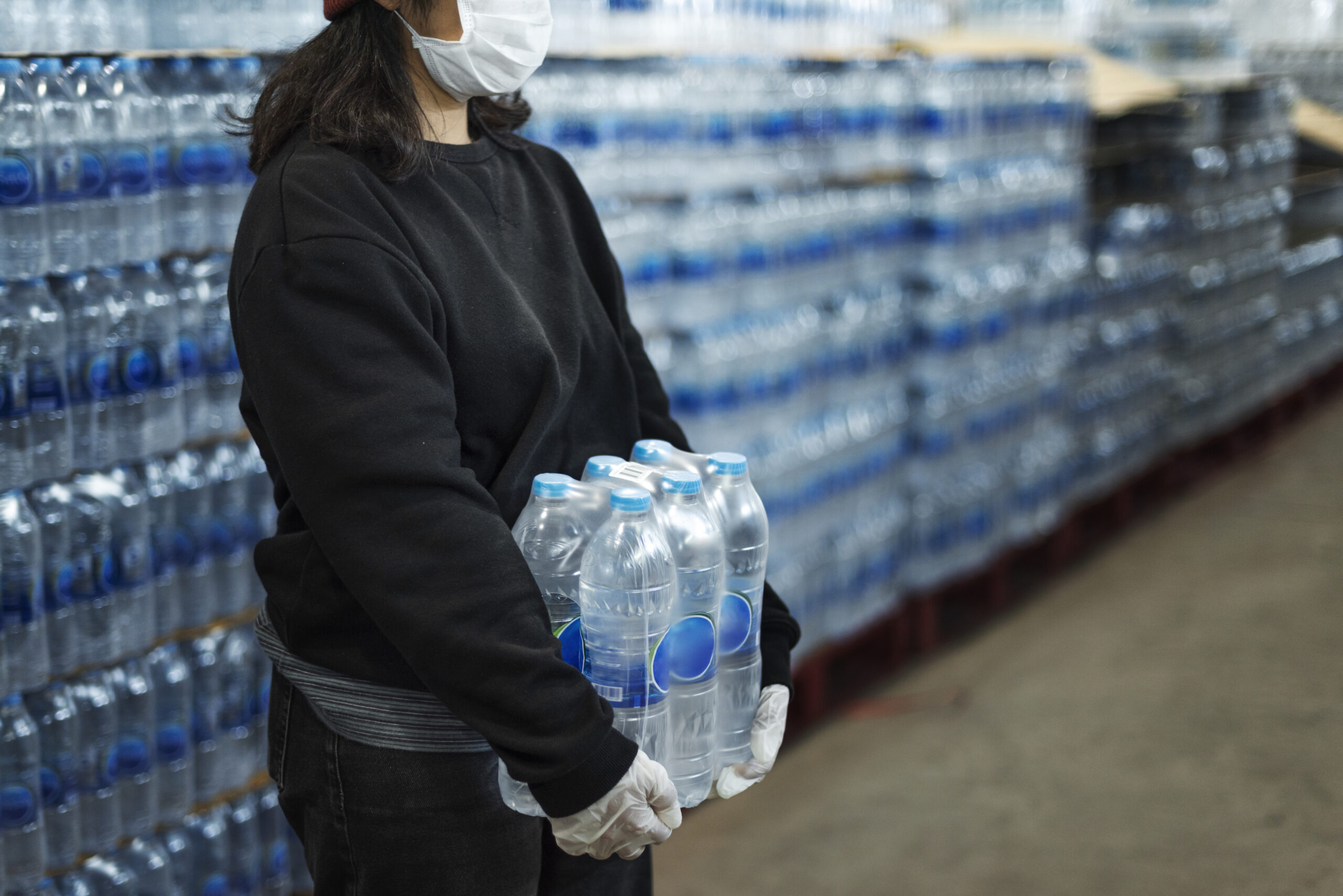bizareeweb@gmail.com
June 8, 2024

With concerns about the accessibility and quality of the country’s water supply, the demand for bottled water in India is still growing. Gaining a grasp of the subtleties of label reading becomes essential as customers traverse the plethora of options available. The origin, purification processes, mineral content, and compliance with Food Safety and Standards Authority of India (FSSAI) regulations are all disclosed on the labels of bottled water. But in all this information, it can be difficult to understand the complicated labels.
The goal of this blog is to clarify the complexities involved in interpreting bottled water labels in India. Consumers can learn about the quality and suitability of a product by reading the labels, which include details on everything from differentiating between different types of water (such as spring water, mineral water, and purified water) to comprehending the purification procedures (such refining and distillation). Furthermore, we examine the significance of regulatory compliance marks and certificates, such the FSSAI license number and certifications from organizations like the Bureau of Indian Standards (BIS), in guaranteeing safety and openness. By providing consumers with this information, we hope to enable them to choose bottled water that satisfies their preferences for flavor, safety, and environmental factors.
There are several varieties of bottled water, and each is distinguished by its own source and processing techniques:
Under the Food Safety and Standards Act of 2006, the Food Safety and Standards Authority of India (FSSAI) is principally responsible for regulating bottled water in India. To guarantee the cleanliness, safety, and quality of bottled water that is made available to customers nationwide, the FSSAI establishes strict guidelines.
Regulatory Standards
The FSSAI’s standards, which define acceptable limits for a range of pollutants, including microbiological, chemical, and physical characteristics, must be followed by Indian manufacturers of bottled water. These regulations guarantee that bottled water satisfies exacting quality criteria and is safe to drink.
Quality Certifications
In order to receive a license for manufacture and sale, all bottled water products are required by the FSSAI to undergo extensive testing and analysis. This involves analyzing water samples and conducting routine inspections of manufacturing plants to ensure that safety regulations are being followed. Furthermore, companies may pursue certifications from recognized organizations such as the Bureau of Indian Standards (BIS) in order to certify the superior quality and purity of their goods.
Consumer Awareness
To make sure they are buying products that comply with regulations, consumers are advised to check the labels of bottled water for the FSSAI license number and the BIS certification mark. Customers may feel secure knowing that the water is safe to drink thanks to these markings, which indicate that the water has undergone testing and been deemed safe.
Understanding the information on the label is essential when choosing bottled water so that you may make well-informed decisions about its suitability and quality. Examine the water’s source first, as this will reveal its origin and method of collection. By providing this information, it is made clearer whether the water is obtained from a refined source, a natural spring, or another source.
Next, investigate the specifics of the employed purification method. To eliminate pollutants and improve quality, different kinds of bottled water go through a variety of filtration and treatment processes. Labels may list procedures like UV treatment, distillation, or reverse osmosis that are used to achieve particular safety and purity standards.
Especially when it comes to mineral water, pay close attention to the label’s claims about the mineral concentration. The taste and possible health advantages of the water are enhanced by these minerals. In order to provide information on the nutritional profile of the water and its compatibility for a certain diet, labels ought to list the different types and quantities of minerals that are present.
Verify regulatory compliance marks and certificates last. In India, bottled water should have the FSSAI license number on it, which certifies that it complies with safety regulations. Furthermore, certificates from respectable organizations like as NSF International or the Bureau of Indian Standards (BIS) indicate that the water has passed stringent testing and satisfies quality standards.
Contact us today to become an official Bizaree disctributor in your area starting today!
West Bengal’s first and most premier fully automated water packaging plant, ensuring pristine quality in every drop. Innovation and purity, bottled for you.
(+91) 9748887899
Discover the purest packaged water, meticulously produced.
2024 Bizaree Water | Designed By Adcents.co
Copyright © 2024 All rights reserved